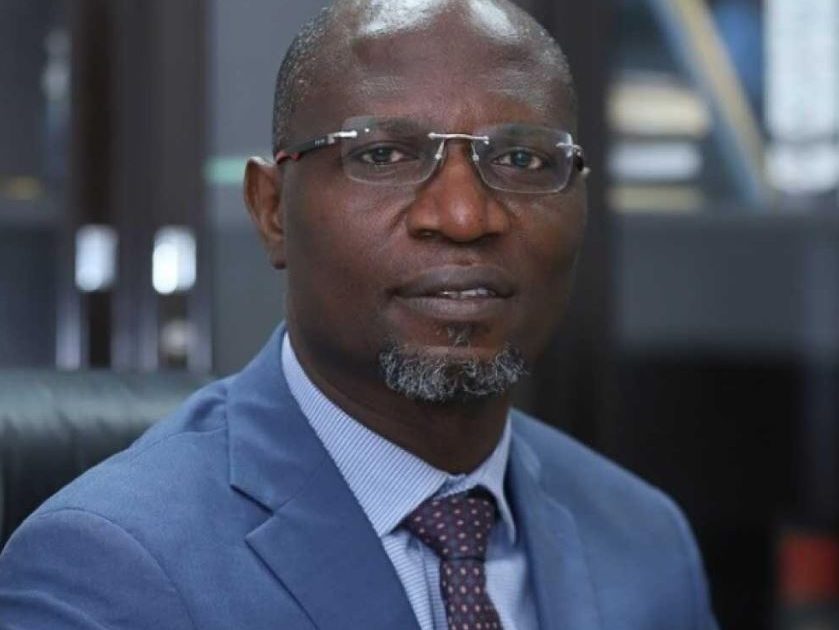Africa faces a formidable challenge in financing climate adaptation, requiring an estimated $100 billion annually by 2030. This staggering figure underscores the urgent need for innovative financing mechanisms to address the growing climate crisis. Despite contributing minimally to global greenhouse gas emissions, the continent disproportionately bears the brunt of climate change impacts, ranging from severe droughts and floods to devastating storms and rising sea levels. The escalating costs of these climate-related disasters threaten to erode development gains and exacerbate existing vulnerabilities. The current funding levels are woefully inadequate, highlighting the critical need to mobilize capital markets and attract significant investment to bridge this financing gap. Director-General Emomotimi Agama of the Securities and Exchange Commission has emphasized the urgency of this situation, urging collective action and innovative solutions to address this looming crisis.
Agama advocates for leveraging the potential of African capital markets to bridge this substantial financing gap. He highlights the need for market integration, harmonized Environmental, Social, and Governance (ESG) standards, and the adoption of the International Sustainability Standards Board (ISSB) framework as crucial steps towards attracting investments. By creating a conducive investment environment, African nations can attract both domestic and international capital for climate adaptation projects. The success of Nigeria’s sovereign green bond, which was significantly oversubscribed, demonstrates the potential of local institutional capital to support climate-focused initiatives. This success story provides a compelling example for other African nations to emulate, demonstrating the viability of green bonds as a financing instrument for climate adaptation projects.
The implementation of the ISSB standards is poised to be a game-changer, offering standardized guidelines for sustainability disclosures. This framework provides investors with the necessary transparency and comparability to make informed investment decisions. Nigeria’s active involvement in the ISSB’s Adoption Readiness Working Group further solidifies its commitment to leading the way in sustainable finance. The phased approach to adopting the ISSB standards, starting with early and voluntary adoption followed by mandatory implementation, allows for a smooth transition and provides sufficient time for companies to adapt to the new reporting requirements.
Beyond standardized reporting, Agama emphasizes the importance of de-risking early-stage climate investments. Instruments like credit enhancements can mitigate risks and attract private sector participation in climate adaptation projects. By reducing the perceived risks associated with these investments, more private capital can be channeled towards these critical initiatives. Agama also encourages project developers to present bankable projects with robust environmental and social metrics to instill investor confidence. This focus on well-structured and impactful projects is crucial for attracting the substantial investments required for effective climate adaptation.
The call to action extends to all stakeholders, including regulators, investors, governments, standard-setters, and development partners. A collaborative approach is essential to mobilize the necessary resources and expertise to effectively address the climate adaptation financing gap. By working together, these stakeholders can create a sustainable and resilient future for Africa. Agama’s call for deeper regional market integration aligns with the broader goal of fostering economic cooperation and promoting sustainable development across the continent.
The magnitude of the climate adaptation financing gap necessitates innovative solutions and a multi-pronged approach. Leveraging capital markets, implementing robust ESG standards, de-risking investments, and fostering collaboration are all crucial steps in tackling this challenge. Agama’s unwavering commitment to advancing sustainable finance exemplifies the leadership needed to ensure a climate-resilient future for Africa. The continent’s vulnerability to climate change demands immediate and decisive action to mobilize the necessary resources and build resilience against the escalating impacts of a changing climate.


